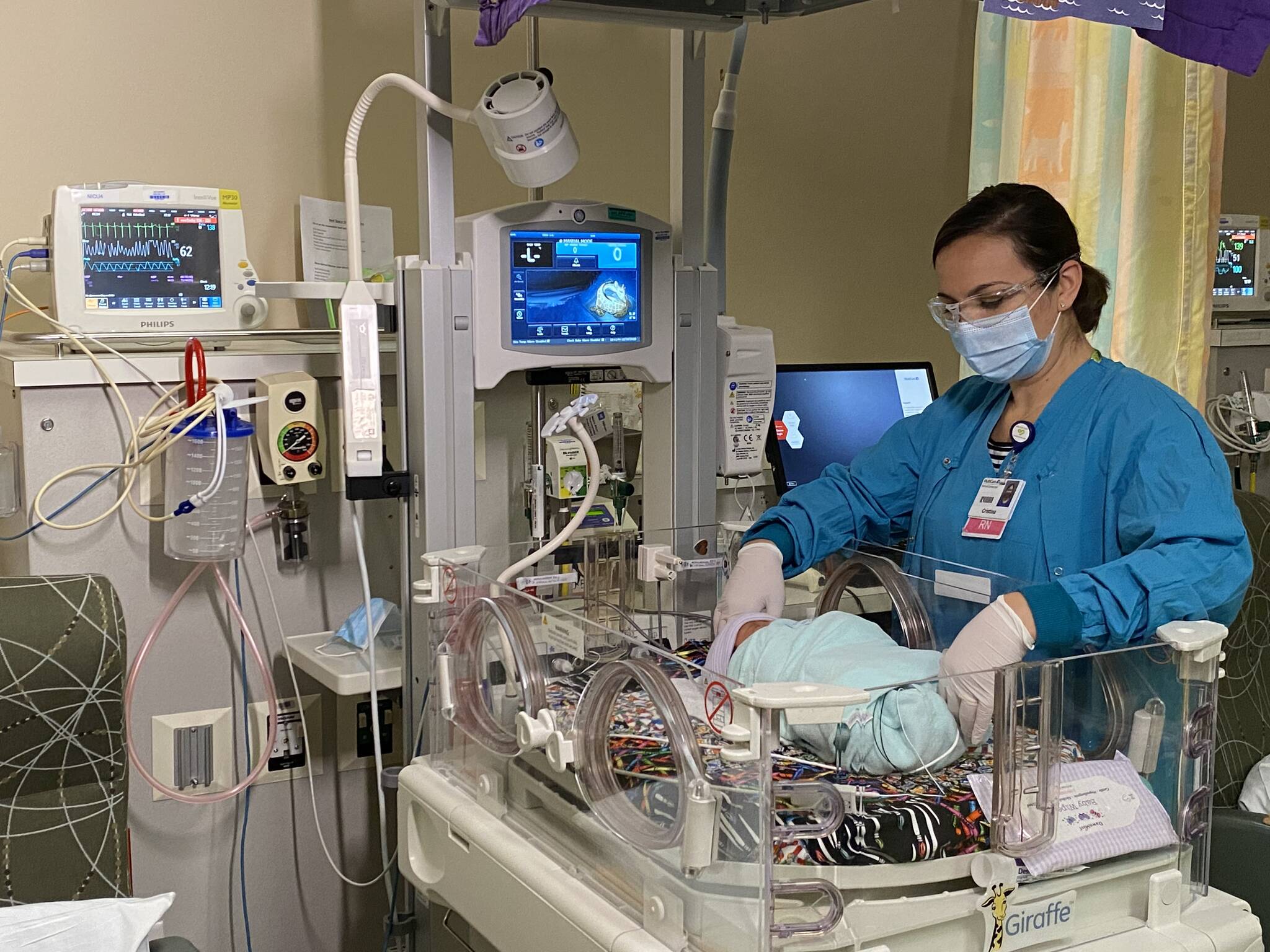With a grant from Premera Blue Cross, Green River College and three other colleges in Washington will launch a program to address the shortage of nurses.
The new academic program at Green River College will offer licensed practical nurses (LPN) a chance to earn their bachelor of science in nursing (BSN) degree, which is typically required for nurse educators.
This program is revolutionary — only one other LPN to BSN program exists in Washington and it only started a year ago, said Associate Dean of Nursing Dr. KaraLynn LaValley. Prior to this, there were no programs that allowed licensed practical nurses to easily obtain their bachelor of science in nursing, LaValley said.
It’s important to note that the nurses who get their BSN from Green River College will be working and providing care in Auburn and South King County, LaValley said.
It is predicted that 1 million new registered nurses will be needed by 2030, according to Premera Blue Cross. However, in 2020, around 80,000 qualified bachelor’s and higher-level nursing degree applicants were turned away because of a shortage of faculty, clinical sites and other resources, according to Premera Blue Cross.
The long-term goal of the program is to increase the capacity of nursing schools by increasing the number of nurses who hold higher education degrees like the BSN, said Amanda Lansford of Premera Blue Cross.
Historically, two of the biggest barriers to earning an advanced nursing degree are the cost of school and the school’s location, Lansford said.
“This program is designed to remove barriers to earning an advanced degree,” Lansford said.
Now LPNs will be able to earn a BSN for about a quarter of the price of a traditional four-year university, LaValley said. In addition to this, the school is looking at ways to schedule classes so that nurses can continue working as an LPN while earning their BSN.
Pending state approval, Green River College will start accepting students into the new program in the fall of 2022. Premera Blue Cross will support the new program with $1.8 million in funding for four schools in Washington.
The grant will provide students with scholarships and faculty stipends, according to Premera Blue Cross.
In addition to creating more nurse educators, studies show that nurses who have BSN degrees can offer patients more advanced care, according to studies cited by the American Association of Colleges of Nursing.
The COVID-19 pandemic has exacerbated the shortage of nurses, and health care practitioners are experiencing high levels of burnout, Lansford said. In addition to this, in the next decade, it is expected that the number of nurses retiring will exceed the number of new nurses entering the field.
All of these factors contribute to the need for this program, Lansford said.



